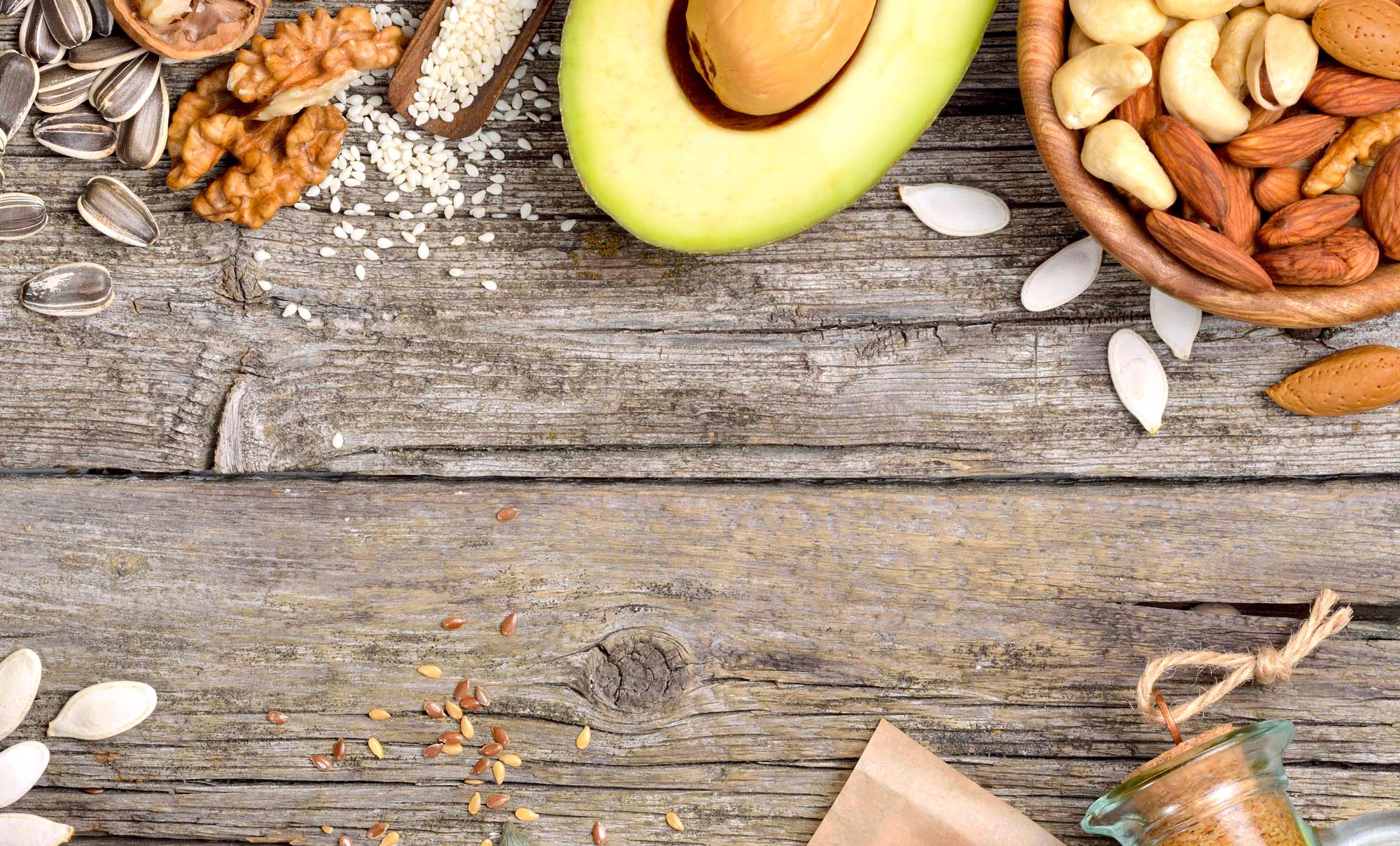Do you have moments when you get so ravenous you can’t think straight? When hunger takes over your body and you need to eat immediately or you feel you’re at risk of fainting? Some people even use the word ‘hangry’, describing how they get overwhelmingly grumpy until they’ve refuelled.
When you’re in this state, your body tells you to eat something that will give it energy fast. Given the choice between a carrot and a muffin, to your body the answer is a no brainer — the muffin will win every time.
Why?
Because the muffin gives your body a fast hit of glucose, which it converts quickly and easily into energy.
But what does your body really need?
You experience this ravenous hunger because inside your body, your blood sugar (glucose) level has crashed. Glucose is the brain’s preferred fuel source, so when your blood level drops too low, the supply to your brain can be compromised and this affects the way you think – and it can make your feel pretty lousy.
To prevent your blood sugar levels from dropping dangerously low (hypoglycaemia), your body releases adrenalin, which triggers the ‘fight or flight’ response and signals to your body to release stored glucose. This is why you might find yourself feeling shaky.
Meanwhile, messages are created in your brain to increase your appetite, and this often translates into a desire for sugary foods that will give your blood glucose levels a rapid boost.
This spike in your blood glucose levels will send them to the other end of the scale, so your body will then release insulin, a hormone that reduces blood glucose levels, setting you up to experience another crash. And the cycle repeats, triggering the release of more and more insulin, which also signals to the body to store fat.
In other words, by eating more nourishing fats and decreasing the amount of sugars you eat, you are less susceptible to that ravenous hunger that leads to out of control snacking.




